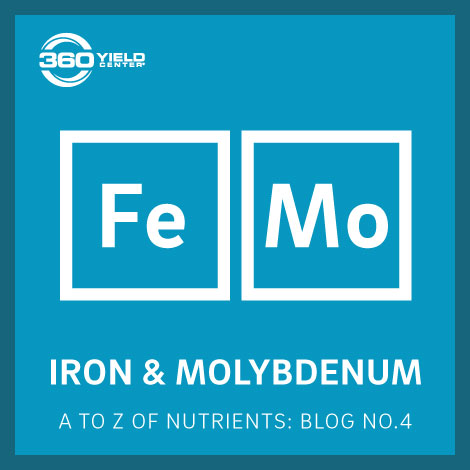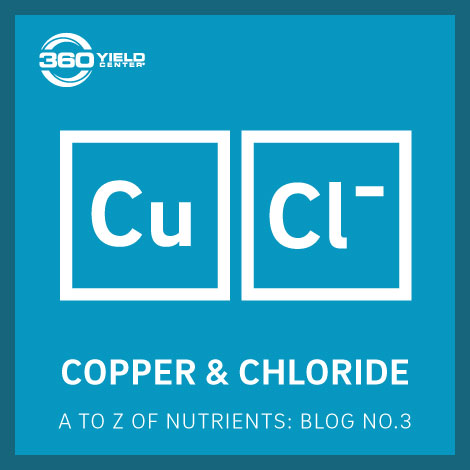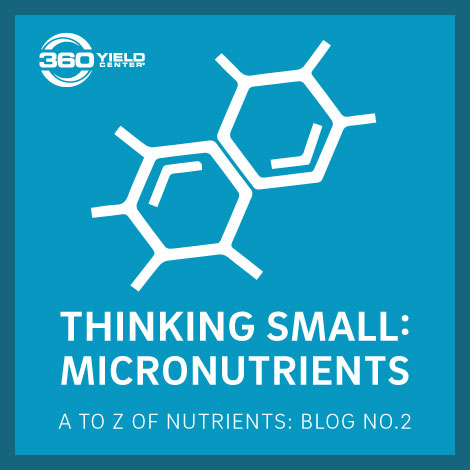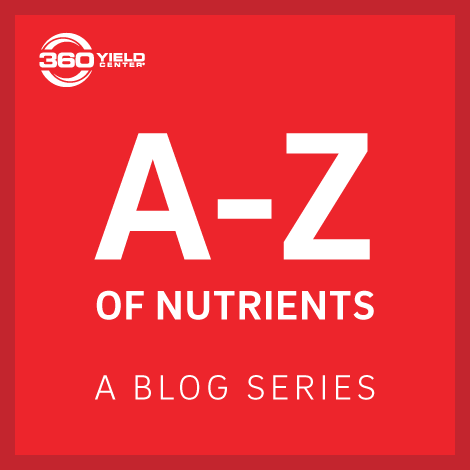In a way, Iron and Molybdenum act quite differently in relation to the soil. Molybdenum (Mo) becomes more available as the pH levels in your soil increase, while Iron (Fe) is quite the opposite and becomes more available at lower pH levels. These two micronutrients are a great example of why a balanced pH is…
Tag: blog series
A to Z of Crop Nutrients: Copper (Cu) and Chloride (Cl)
Chloride (Cl) is taken up by the plant in the Cl- form. Because soil is negatively charged, Cl- can be mobile and leach in soils. Cl- is thought to be a driver in stomatal regulation, which helps control water levels in the plant. Therefore it is an important element in helping regulate water loss and…
A to Z of Crop Nutrients – Thinking Small
Because primary and secondary nutrients are required by the plant in larger amounts, they’re often a limiting factor in crop production. However, the combination of higher intensity soil sampling with data anlysis and mapping programs allow us to have a much deeper understanding of how and when to rectify fertility issues. This reduces the chances…
A to Z of Crop Nutrients – The Basics
This is the first of a series of blogs focused on crop nutrients. The first part of the series will deal with the actual nutrients themselves and then we will dive into concepts such as CEC, pH, liming, soil structure and other concepts. There are seventeen known chemical elements that are critical for plant growth…



